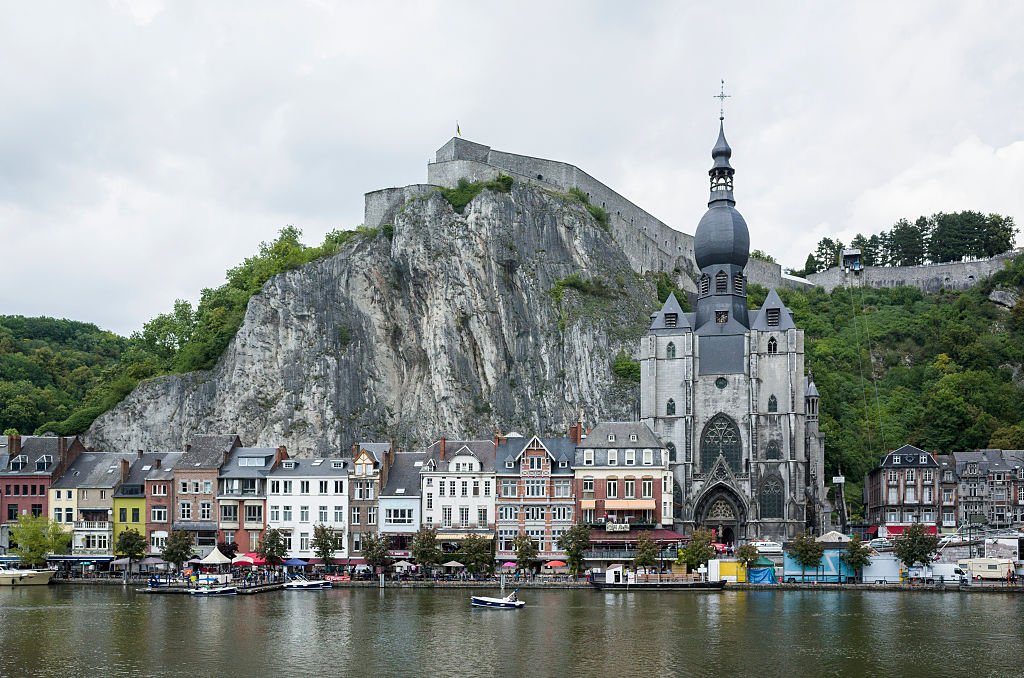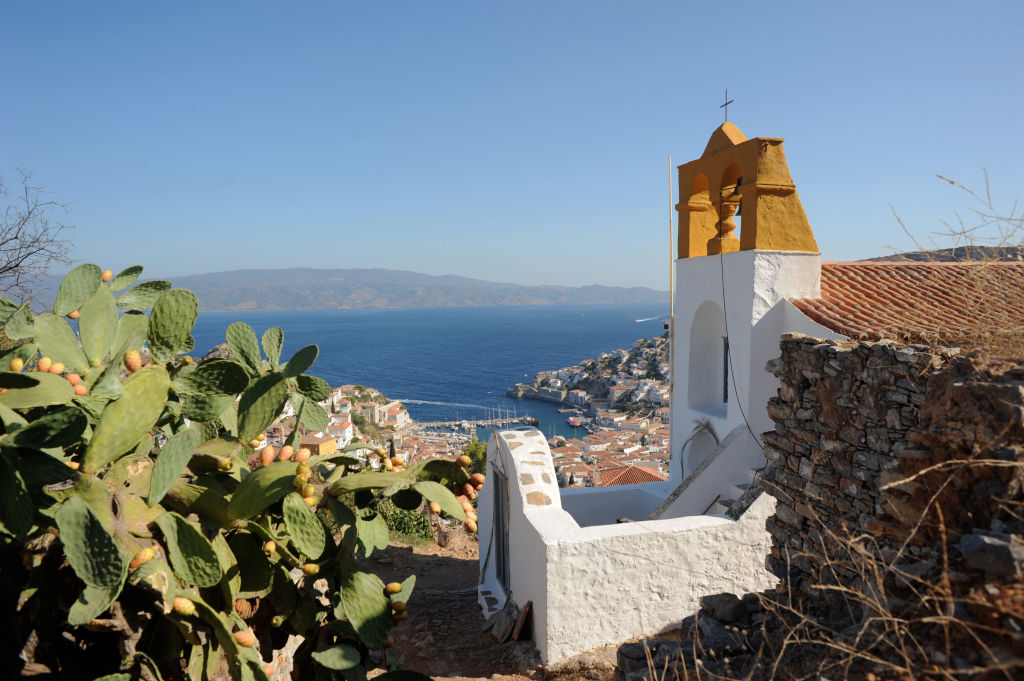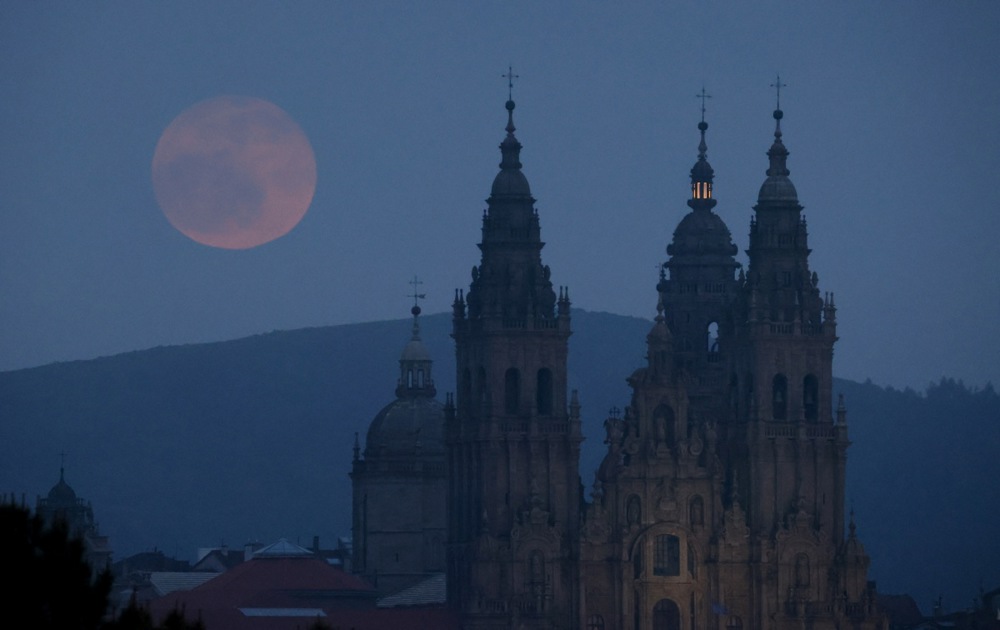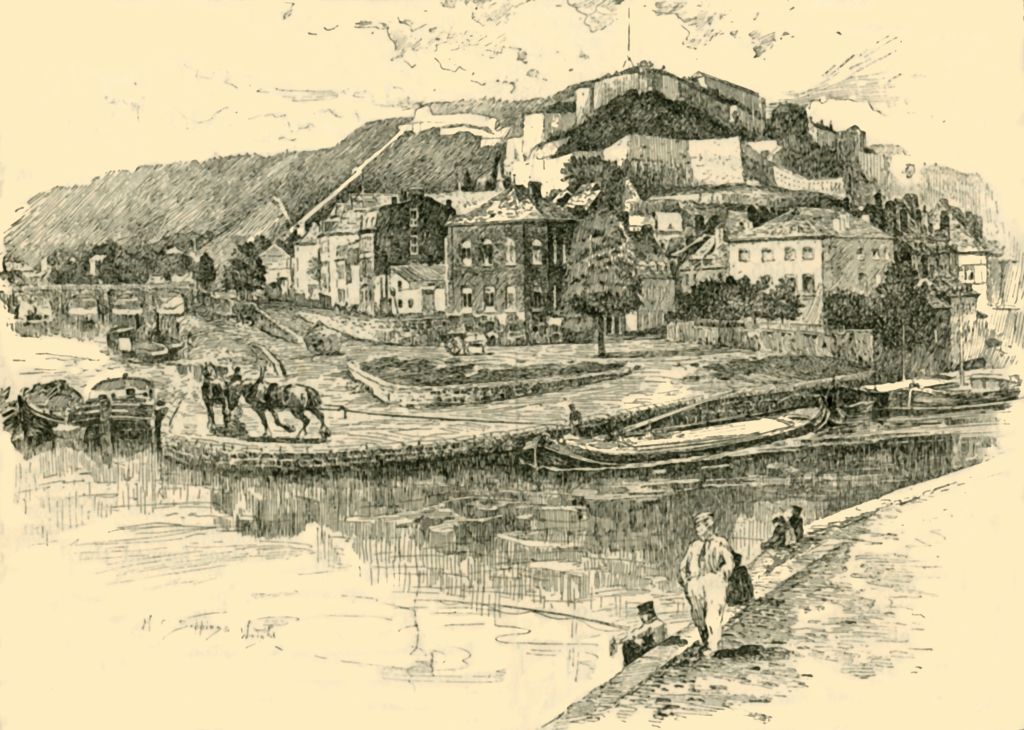Andalusia, Spain.
Spain is the world’s top producer of olive oil. It is estimated to be responsible for about 20 – 40 per cent of global production.
Not many people know that. Most assume that Italy or Greece are the main producers of olive oil, but that’s more a result of good branding and marketing.
When it comes to Spain’s usually underappreciated role in global olive oil production, most of that impressive tally comes from the small province of Jaén, located in Spain’s southern region of Andalusia.
At 13,500-sq km—about the same size as Flanders in Belgium—the province has 550,000 hectares of olive groves and more than 66 million olive trees, notes the Spanish newspaper El Pais.
As a result—and not without justification—Jaén calls itself the “World Capital of Olive Oil”. It makes Jaén the perfect place to try the popular Spanish breakfast that is tostada con aceite e tomate—toasted bread with olive oil drizzled all over it and tomato on top.
Another bonus to having breakfast in Jaén is that there is also something rather satisfying about picking up a bottle of olive oil and finding that it comes from the very town you are visiting. Truly local.
There are big health benefits to olive oil. Homer called olive oil “liquid gold,” while Hippocrates, traditionally regarded as the father of medicine, referred to it as “the great healer.”
Though not all olive oils are created equal: look for “extra virgin”, which will provide you the healthiest bunch of monounsaturated fats and plucky polyphenols that serve as antioxidants.
The special health benefits of olive oil have even seen it singled out as deserving of exemption from the EU food labelling system that rates food products from ‘A’ (the healthiest) to ‘E’ (the least healthy).
“Our fight at the [European] Parliament is to try to leave out of the Nutri-Score labelling the mono [fat] ingredients like olive oil,” Spanish MEP Adrián Vázquez Lázara told Euronews, also singling out honey and ham.
“Those products from protected destinations of origin, and also protected geographical locations…have already been accepted by society and by governments as top-notch products that represent the image of many member states.”
The landscape that produces this bounty of olive oil is particularly beautiful, especially when bathed in the Andalusian sun: rolling hills parsed by streams and rivers that nourish the olive trees, with whitewashed villages and towns nestling amid the green ocean.
You might get lucky and see the olives being harvested: workers use hand-held machines with rubber hooks on the end that vibrate violently around an olive tree’s slim trunk, shaking it into a frenzy.
After the olives have cascaded down, another worker with a leaf blower and a rake then forms what looks like small pyramids of black marbles beneath the branches of the trees.
Olive growing in Jaén dates back 2,000 years to when they were first cultivated by the Phoenicians.
This was continued by the Romans who transported the olives to Seville, where they were loaded onto boats that sailed along the breadth of the Guadalquivir River to the bay of Cádiz and then on to the rest of their empire, introducing olives to much of the rest of the world.
Amid the endless olive groves that blanket the landscape, Jaén also has one of the world’s highest concentrations of castles thanks to its strategic position during the Reconquista, the period when Catholic monarchs wrestled back control of southern Spain from the invading Moors who ruled the region for centuries.
A day exploring this beautiful part of southern Spain will typically bring you to a small town built defensively in the lee of a hill. Usually at the top of the hill there will be a castle with a beautiful church alongside it, both overlooking the town and surrounding plains.
Typically the old towns of Jaén are made up of a patchwork of narrow alleyways which are great fun to explore, and offer plenty of opportunities for tasting tapas—likely liberally adorned with olive oil of course—and mingling with locals.
The wonderful Andalusian weather means that even in winter, while it might be chilly in the mornings and evenings, you will likely be accompanied by sunshine during a trip to see the endless olive groves of Jaén.





